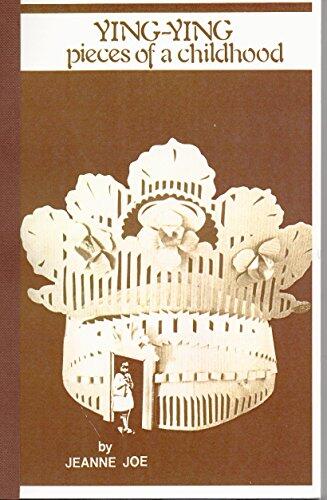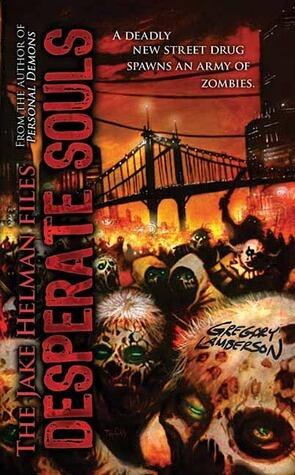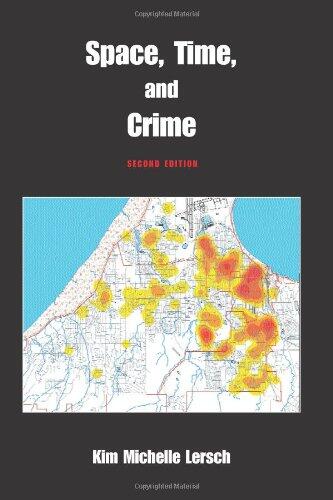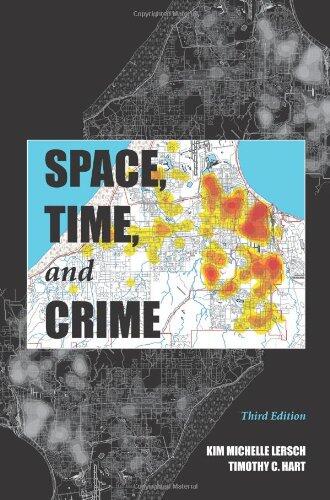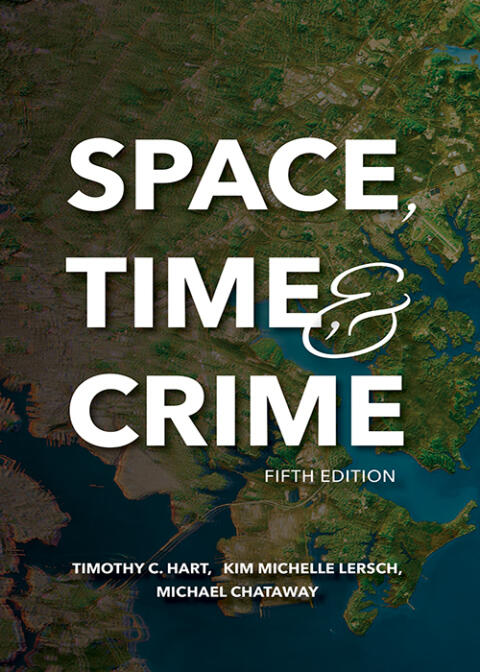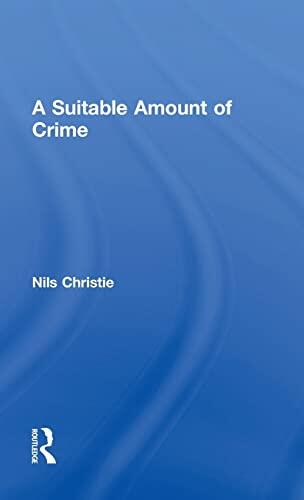
A Suitable Amount of Crime
by:
Nils Christie
Edition: 1
Language: English
Format: Hardcover
ISBN 10: 0415336104
ISBN 13: 9780415336109
Publication date:
March 11th, 2004
Publisher: Routledge
Pages: 148
Genres: Mystery, Philosophy
Nils Christie delves into the complex landscape of crime through a comparative lens in this thought-provoking exploration. He examines how different cultures define and perceive criminal behavior, revealing significant disparities across nations. With a keen eye for detail, Christie scrutinizes the social, political, and historical contexts that shape these varied interpretations of crime.
Throughout the narrative, Christie challenges preconceived notions about justice and punishment, inviting readers to reflect on the underlying factors influencing legal systems worldwide. He highlights the intricate relationship between societal norms and legal definitions, making a compelling case for a more nuanced understanding of what constitutes a crime.
As Christie articulates the implications of these differences, he raises critical questions about morality and legality, urging a reevaluation of global attitudes toward crime and punishment. His insightful analysis encourages readers to think critically about the nature of justice and the diverse ways it is administered across cultures.
In the end, the work serves as both an intellectual challenge and an invitation to look beyond the surface of legal systems, emphasizing that crime is as much a social construct as it is a legal one. By weaving together various perspectives, Nils Christie offers a comprehensive view of a subject that affects everyone, urging a more empathetic and informed approach to understanding criminality in its myriad forms.
Throughout the narrative, Christie challenges preconceived notions about justice and punishment, inviting readers to reflect on the underlying factors influencing legal systems worldwide. He highlights the intricate relationship between societal norms and legal definitions, making a compelling case for a more nuanced understanding of what constitutes a crime.
As Christie articulates the implications of these differences, he raises critical questions about morality and legality, urging a reevaluation of global attitudes toward crime and punishment. His insightful analysis encourages readers to think critically about the nature of justice and the diverse ways it is administered across cultures.
In the end, the work serves as both an intellectual challenge and an invitation to look beyond the surface of legal systems, emphasizing that crime is as much a social construct as it is a legal one. By weaving together various perspectives, Nils Christie offers a comprehensive view of a subject that affects everyone, urging a more empathetic and informed approach to understanding criminality in its myriad forms.

